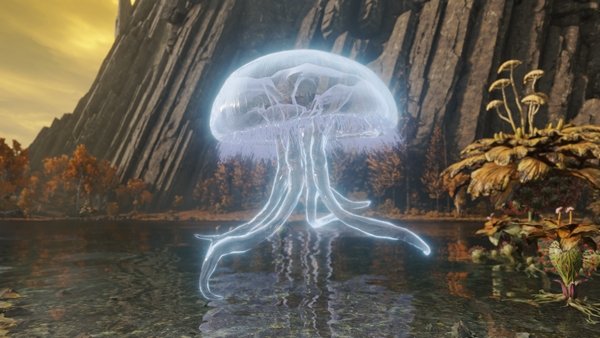I have nothing interesting to say about the article, but I got a kick out of what orange site thinks:
https://news.ycombinator.com/item?id=38221178
Why does someone who writes great sci-fi suddenly have social capital to weigh in on industry and politics, two things firmly outside of his wheelhouse?
How absolutely dare someone comment about the perceived impact of their work?
but at what point did our hatred of capitalists (note: I don’t hate capitalists) decide to overshadow our, you know, lifelong lust for the stars?
* pauses sentence to perform a quick act of fellatio *
Every time I read a technologist’s screed against Musk or Bezos or Zuckerberg (three people whose combined lifetime works do not even scratch a fraction of the economic value incinerated by the US military in 40 weeks) all I can see is sour grapes and ad hominem.
Maybe take off your Musk-sperm-tinted glasses then?
These people did not create nor perpetuate the attributes of the dystopia you claim to reside in (that was the CIA). (It’s also not actually a dystopia, or anything resembling one; ask any of the two billion people lifted out of dirt poverty (largely due to technology!) in the last three decades.)
No no no, it wasn’t a system of misaligned incentives and lack of accounting of negative externalities that has created the dystopic world we live in today, it was the CIA! Wait, it’s not actually a dystopia!
The old planet will go to hell in its own way from its own inhabitants. I’d rather live in space where it’s safer. (Also, how cool would it be to escape before Earth is finally fully conquered? This would mean that humans as a species successfully avoid a total hierarchy.)
[The forces that are destroying the planet]
[The people trying to get to space]
They’re the same picture.
I want to live in space where it’s safer.
Good, we feel the same way about that.
I’d rather live in space where it’s safer.
…
You see my beany friend: you may die in space from radiation, freezing, cooking, air leaks, malnutrition, weird gravity effects on growth and maintenance of the human body, blood clots, disease, high velocity debris impacts, various and sundry systems failures and so on.
But the thing you don’t appreciate is rather telling! In a SpaceX aMartheid hab dome there are no black people.
The ultimate white flight.
edit: accidentally removed the quote i was commenting on when editing in Stross’ comment, here it is again:
a belief in psi powers implicitly supports an ideology of racial supremacy, and indeed, that’s about the only explanation I can see for Campbell’s publication of the weirder stories of A. E. Van Vogt.
Maybe it’s me but I don’t think that is so self evident a claim to be posited without further explanation.
Best I can come up is he means the necessary implication of having superabled people in a fictional setting is that you have a de facto racial elite, even if the concept rarely breaches the surface of the text, like in the unfortunate sequel to the Dark Knight Returns by Frank Miller.
Edit: he addresses it in the comments (can’t find a way to direct link from phone, its comment #14) I wasn’t far off:
If you’re a glutton for punishment, (re-)read Slan by A. E. Van Vogt.
Secret superrace with super-mind powers! It’s totally a meme in vintage SF (goes back at least as far as Bulwer-Lytton’s The Coming Race in the 19th century) and you rapidly end up with eugenics and breeding for desired traits (eg. psi powers).
It’s a few steps from one to the other, but it keeps holding true in practice. Science fiction is a fundamentally colonial genre for the most part.
I got introduced to the genre through Star Trek and I always found its moral vision, in addition to all the weekly alien weirdness & how it was approached with patient curiosity, strongly appealing. Roddenberry set out to create an explicit alternative to the impoverished perspectives of the Cold War era. The Prime Directive is non-interventionist to a fault.
Gotta have to push back on that. Certain genres are, but even the ones that are written nowadays and explicitely in the space opera genre tend to try to grapple with the ethics of colonialism.
Greg Bear’s Hull Zero Three is set aboard a colony starship that’s revealed to be chock-full of genocidal weapons to ensure that the target planet isn’t a problem for humans to settle on. “Are we the monsters” etc.
sure, but even that’s a reaction inside the genre to the genre being steeped in it
look at The Culture, Banks was a straight up communist writing about somewhere he’d want to live but the stories are about liberal colonisation





